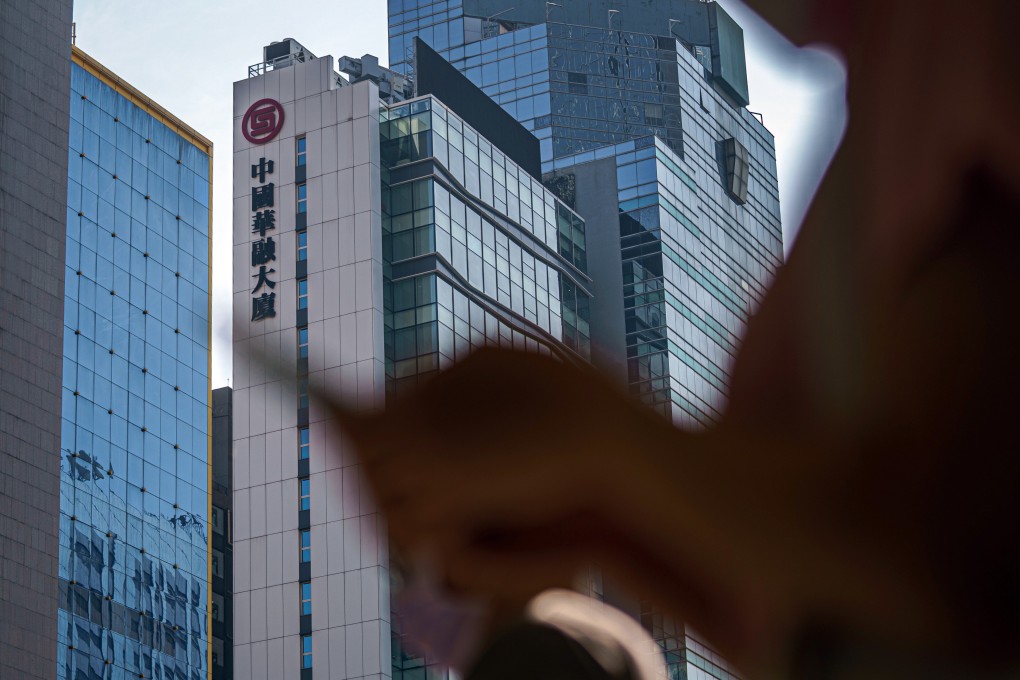China’s largest bad-debt manager Huarong posts a record US$15.9 billion loss, underscoring massive bailout ahead
- Huarong reported a 102.9 billion yuan (US$15.9 billion) loss for all of last year, slashing its shareholder equity by nearly 85 per cent
- The company booked 107.8 billion yuan in impairments and suffered a 12.5 billion yuan loss on financial assets

China Huarong Asset Management’s long-delayed 2020 results showed a record loss, with leverage hitting 1,333 times and capital buffers far short of the regulatory minimum, emphasising the difficult task ahead for the bad-debt manager that recently secured a government bailout.
Huarong reported a 102.9 billion yuan (US$15.9 billion) loss for all of last year, slashing its shareholder equity by nearly 85 per cent, the firm said in a filing on Sunday in Hong Kong. The company booked 107.8 billion yuan in impairments and suffered a 12.5 billion yuan loss on financial assets. While it returned to a profit of 158 million yuan in the first half this year, Huarong’s key capital level was far below regulatory requirements as of June.
After five months of turmoil since it delayed its earnings report in March, China’s biggest bad debt manager this month secured a rescue package from some of the nation’s biggest financial firms. Its plight had become the biggest test in decades of whether Beijing would still shield state-owned firms from market forces amid a renewed push by President Xi Jinping to rein in debt growth as defaults have hit records.
A review of assets and risks last year “had a significant impact on the operating results and is a harsh lesson to be learned in the development history of the company,” Chairman Wang Zhanfeng said in the report. “What is gone is gone, but go for what to come. We will learn from the lesson and take it as valuable experience and the desire to move forward.”

The firm said on Sunday that it plans to dispose of subsidiaries with noncore business activities in the “near future” to increase internally generated fund inflows and to replenish capital. It didn’t give any further details on its rescue plan in the report.